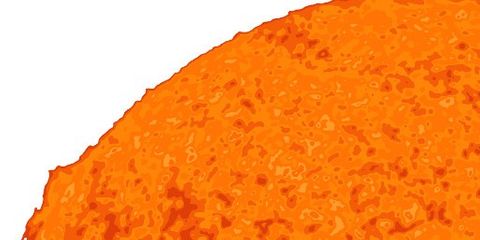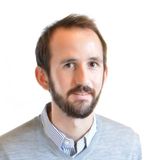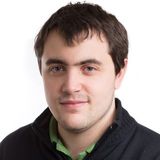
Job Description
As Research Software Engineer in Infrastructure you will be responsible for the installation, configuration, maintenance and development of our computing infrastructure. Our internal cluster consists of 46 nodes, 864 CPU Cores, 90 Nvidia GPUs and 400 TB of storage. This system is built upon Debian and Arch Linux, uses Ansible for configuration management and deployment, and Slurm for scheduling container workloads. On this system, data scientists develop machine learning models that are then deployed to our external website (https://grand-challenge.org) for use by clinicians worldwide. This is an open source django 2.1 app (Python 3, Postgres, Celery, Redis, Docker) that runs on an external cluster.
You will initially focus on the maintenance and development of our deployment tooling. You would need to be comfortable with communicating with end users by supporting them in using the cluster, gathering requirements, adding new features and managing the expansion of both clusters. You will be expected to work both independently and as part of the Research Software Engineering team. Although this is not a data science role, it would be beneficial if you have an understanding of data science processes and an interest in medical imaging.
Profile
Essential skills:
- Familiarity with software development practices (version control, testing, etc);
- Knowledge of Linux based operating systems, libraries and tools;
- Capable of quickly learning the most suitable tools and programming languages for the job;
- Able to clearly communicate with both technical and non-technical users.
Ideally, you will also possess one or more of the following skills:
- Knowledge of networking and protocols;
- Experience with Linux system administration and inventory management;
- Experience with configuration management software (eg, Ansible);
- Experience with running web apps in production (eg, Nginx, Flask, Django);
- Experience with relational database administration (eg, MySQL, Postgres);
- Knowledge of containerisation technologies (eg, Docker, Singularity, Kata Containers, Kubernetes);
- Experience with high performance computing (eg, Slurm);
- Knowledge of storage technologies and protocols (eg, Samba, GlusterFS, ZFS).
We encourage you to apply even if you do not meet all of the requirements above, we offer a collaborative, international environment with ample opportunities to develop your skills.
Organization
Research Software Engineering Team (RSE Team)
The Research Software Engineering Team is part of the Diagnostic Image Analysis group (DIAG) at Radboudumc. We are responsible for ensuring that researchers are able to efficiently develop new machine learning algorithms and transfer them to the clinic. We achieve this by maintaining an internal cluster for algorithm development, developing visualisation and annotation tools, and an external web app where developed models can be deployed.
Radboudumc
Radboudumc strives to be a leading developer of sustainable, innovative and affordable healthcare to improve the health and wellbeing of people and society in the Netherlands and beyond. This is the core of our mission: To have a significant impact on healthcare. To get a better picture of what this entails, check out our strategy.
Read more about what it means to work at Radboudumc and how you can do your part.
Employment Conditions
Upon commencement of employment we require a certificate of conduct (Verklaring Omtrent het Gedrag, VOG) and there will be, depending on the type of job, a screening based on the provided cv. Radboud university medical center's HR Department will apply for this certificate on your behalf.
Read more about the Radboudumc employment conditions and what our International Office can do for you when moving to the Netherlands.
Comments and Contact Information
This vacancy is closed, however, if you are interested in similar positions then please get in touch with Dr. James Meakin.


